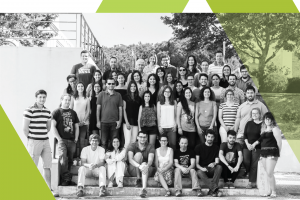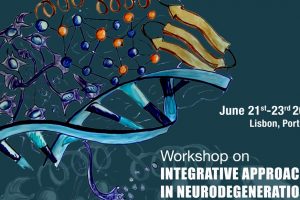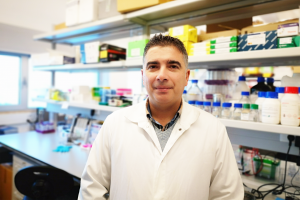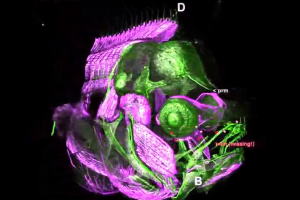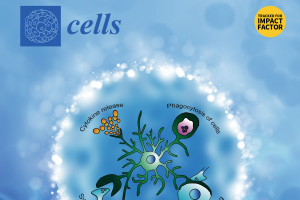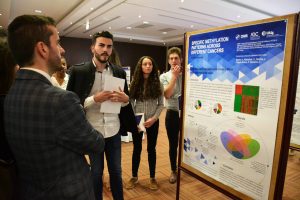It was a team of researchers from Porto that was able to determine the functioning of the mechanism that initiated the separation of the chromosomes when cells divide, something that may allow the measurement of errors in the cell division that are the origin of cancer.
These chromosome division errors can originate cells with an abnormal number of molecules and, occurring in adult cells, may even “potentiate as early stages of carcinogenesis” and further increase the resistance of cancer cells to drugs used in chemotherapy treatments. Explained to Lusa the researcher of the Institute of Research and Innovation in Health (i3S) Carlos Conde.
“Because errors in cell division occur in reproductive cells, these can lead to miscarriages and the development of congenital defeats, such as Down’s Syndrome”, as well as a specialist, a member of the research team.
According to the researchers, when cells divide, through a process called mitosis, they have a set of mechanisms that guarantee that all these steps are controlled and work well, one of the steps being the division of the chromosomes.
There is in the cell “a kind of control point, which ensures that all chromosomes are aligned in a plane of departure, as if it were a race,” Carlos Conde explained, adding the research was unveiled. The “starting shot” that “authorizes separation and migration” as well as molecules.
“This process is done through a protein phosphatase, designated PP1, which separates the chromosomes at the right time, in order to finish the division without total chaos”, added Carlos Conde.
According to the researcher, the control point that keeps the chromosomes “on the said starting line” is imposed for the activity of another protein, an MPS1, and a sending authorization when a PP1 goes into action to inactivate an MPS1.
“Doing the parallel with a horse race, like MPS1 are like barrier doors that remain closed until all competitors are in their boxes”, exemplified the expert, while PP1 plays “a role of ‘beginner’ Inactivating Like MPS1 and thus giving like “starting shot” which allows an opening of all the ports simultaneously”.
Carlos Conde indicated that for a quality of the cell division, objective is to generate two genetic copies of the progenitor cell, it is necessary to give time to this so that it is able to align all the chromosomes in the central zone.
If separation of chromosomes occurs prior to this, it may result in “uneven distribution of genetic material by daughter cells”, however “an inability to readily separate chromosomes once aligned and equally harmful”.
When a separation does not happen soon enough, in cells with an altered number of chromosomes, “a condition known as aneuploidy”, and “closely associated with the development of various types of cancer”.
The investigator indicated that MPS1, a “such barrier”, is in a hyperactive condition in cancer cells, and its excess prevents “reliable chromosome separation”, contributing to an accumulation of errors in these cells.
Giving followers to the results of this study, researchers are now “better able to intervene in abnormal cells that have been destroyed in the process of cell division”, and can define strategy to manipulate a capacity of MPS1 and PP1, or an interaction between these proteins, In order to promote the selective killing of tumor cells.
All results were published in ‘eLIFE’ magazine.
Source: Ultimate Science



